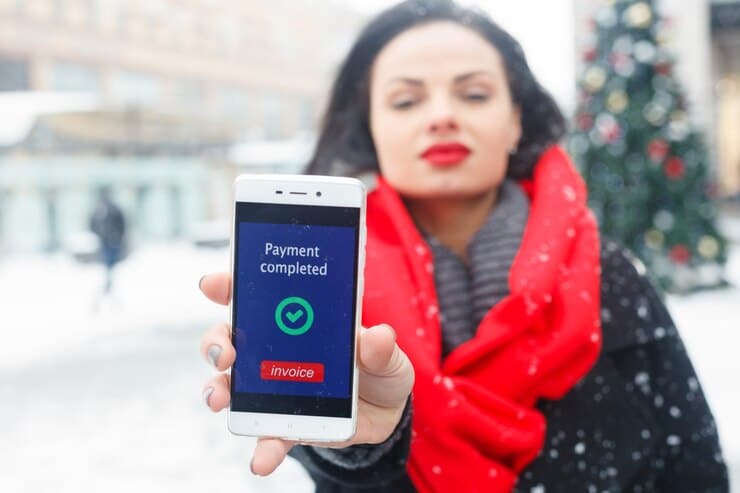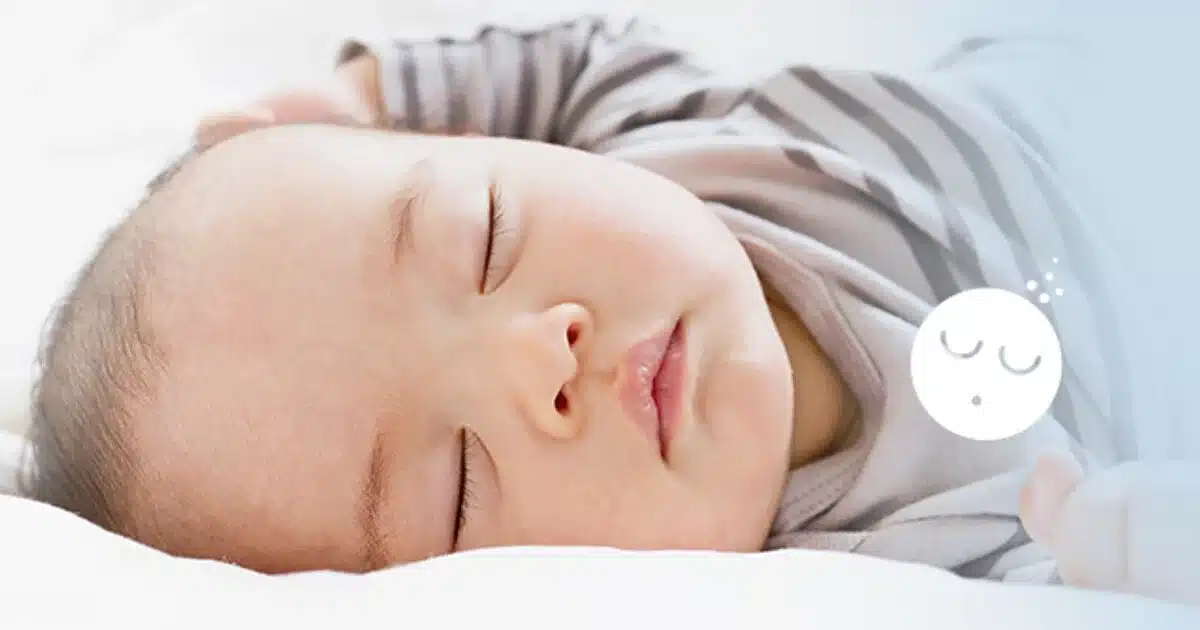Fertility app risks are becoming more apparent as many apps that claim to help women get pregnant are actually causing more harm than good. While these apps promise to boost fertility, they can often lead to false information, unnecessary stress, and unrealistic expectations.
What are fertility apps?
Apps that claim to help women get pregnant are messing them up.
These apps, which can be found online and in app stores, promise easy and quick fixes for problems like low sperm count or ovulation problems. But according to experts, these apps are causing more harm than good.
“Most fertility apps out there today are geared toward achieving a pregnancy but they often don’t take into account the individual person’s unique biology or health history,” says Natalia Klimova, MD, a reproductive endocrinologist at Lenox Hill Hospital in New York City. “This type of advice is not only unproven but also can be very dangerous.”
For example, one popular app claims to boost testosterone levels if you have low levels. However, as Dr. Klimova points out, this could backfire because testosterone is linked with acne and other male reproductive issues. In addition, many apps are based on pseudoscience and unfounded beliefs about fertility and reproduction.
“Many people believe that anything they read on the internet is true so they take whatever advice they find online without verifying it first,” she says. “This can lead to serious consequences – such as infertility – because these apps aren’t based on scientific evidence.”
How fertility apps work
Apps that claim to help women get pregnant are messing them up.
There are several fertility apps out there, but most are bogus. They may promise to help you conceive faster or easier, but they could do more harm than good.
Here’s what you need to know about these apps:
They often rely on pseudoscience and folklore rather than scientific research.
Many apps rely on pseudoscience and folklore instead of scientific research to claim that they can help you conceive faster or easier. Many of the claims made about these apps are unsubstantiated and could even be dangerous.
They could be causing your problems instead of helping you solve them.
These apps may seem like a quick and easy way to get pregnant, but in reality, they could be causing more problems for you than solving them.
For example, some apps recommend practices like abstaining from sex or using sure types of contraception that may not be safe for you or your partner. These practices could lead to decreased fertility or unintended pregnancies.
What fertility apps claim to do
Apps that claim to help women get pregnant are messing them up. App developers are capitalizing on people’s desperation to conceive, and many of these apps are not only ineffective but can also be dangerous.
One popular app, “Fertility Friend,” promises users that it can “help you get pregnant faster by tracking your ovulation cycles, detecting fertility problems, and recommending natural remedies.”
However, a study published in the journal Fertility and Sterility found that only about half of users who used the app successfully got pregnant within six months. The other half either didn’t use the app or used it for less than four months.
Other apps promise to boost fertility levels, prevent pregnancy mistakes, and even diagnose infertility. However, there is no scientific evidence to support any of these claims. Using some of these apps could lead to infertility because they can cause stress or anxiety in users.
Instead of relying on unreliable apps, try natural methods such as taking supplements or following a healthy diet. These methods may not work immediately, but they will increase your chances of becoming pregnant.”
The truth about fertility apps
The popularity of fertility apps has surged in recent years, with many people turning to them in search of a way to get pregnant. But are these apps effective? The truth is that most of them are not accurate and may even be harmful.
One common type of app that claims to help women conceive is the “fertility tracker.” These apps track your basal body temperature (BBT), ovulation, and other fertility factors to provide information about your reproductive health. However, there is little evidence to support the use of fertility trackers for achieving pregnancy.
A study published in the journal Fertility and Sterility found that only about 30% of women who used a fertility tracker could conceive within 12 months.
Another popular type of app is the “pregnancy calculator.” These apps estimate your chances of becoming pregnant based on age, lifestyle choices, and other factors.
However, these calculators are often inaccurate and may give you false hope if you are trying to get pregnant naturally. For example, one study found that over half of all pregnancies estimated using pregnancy calculators were not conceived using those methods.
Suppose you are trying to get pregnant using assisted reproductive technologies (ART), such as in-vitro fertilization (IVF). In that case, it is essential to consult a medical professional before using any app or device for fertility purposes. Apps or devices that claim to help with fertility may not be safe or effective and could do more harm than good.
Are fertility apps safe?
Apps like Natural Fertility and Pregnancy Tracker offer women a variety of ways to improve their fertility, but experts say they can backfire. The apps track users’ daily activities and menstrual cycles to identify any changes that may lead to fertility problems.
However, these apps often neglect other factors affecting infertility, such as stress and diet. “Many women are using these apps without understanding the full potential harm they could be doing,” says Shari Liss, MD, an OB-GYN at Lenox Hill Hospital in New York City. “These apps aren’t regulated or approved by health authorities, so there’s no guarantee of safety.”
One study published in the journal Human Reproduction found that almost half of all women using Natural Fertility reported experiencing some adverse effect related to the app—including anxiety, mood swings, and even weight gain. Dr. Liss recommends that women consult a healthcare professional before starting any fertility app or treatment plan.
Read more about Tubal Ligation Guide…
Conclusion
When it comes to trying to get pregnant, there are a lot of different options out there. But some apps that claim to be able to help women achieve their fertility goals may do more harm than good.
These apps often bombard users with unrealistic timelines and impossible expectations, leading many women to frustration and disappointment.
If you’re looking for an app that can help you conceive naturally, research carefully before making a decision. There are plenty of great resources available online if you want them.











